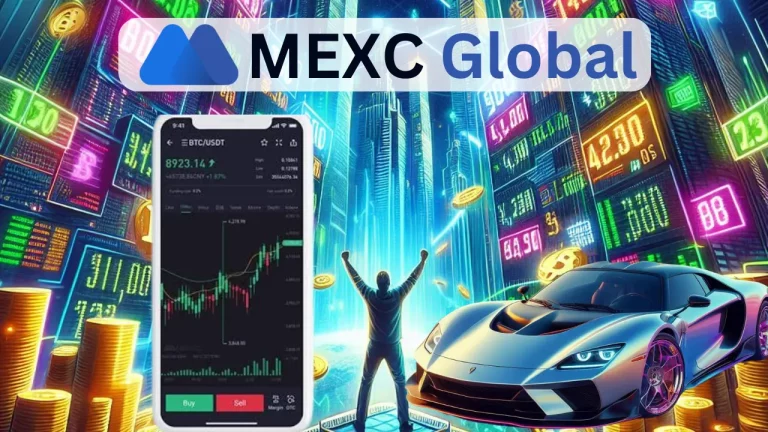In recent years, the rise of cryptocurrencies and blockchain technology has captured the imagination of tech enthusiasts, investors, and innovators worldwide. And we will dive deep into what is Ethereum? One blockchain platform, in particular, has stood out and taken the spotlight – Ethereum.

In this article, we'll delve into the fundamentals of Ethereum, understanding its core features, use cases, and its significance in shaping the future of decentralized technologies. And if you want to now what worldcoin is ?
What is Ethereum?
What is Ethereum, introduced by Vitalik Buterin in 2015, is a decentralized, open-source blockchain platform. Unlike traditional cryptocurrencies like Bitcoin, Ethereum is designed as a global, distributed computer network. It allows developers to build and deploy decentralized applications (DApps) using smart contracts.

What is Ethereum Smart Contracts – The Backbone of Ethereum
At the heart of Ethereum's innovation lies the concept of smart contracts. Smart contracts are self-executing agreements with predefined rules and conditions. These contracts automatically execute when the specified conditions are met, removing the need for intermediaries and enabling trustless interactions.
Imagine a world where financial transactions, supply chain management, and digital identities could operate autonomously, without the need for traditional paper-based agreements. Smart contracts open up a wide array of possibilities, revolutionizing industries and empowering individuals and businesses alike.
Ether (ETH) – The Native Cryptocurrency
To fuel transactions and computational services on the Ethereum network, a native cryptocurrency called Ether (ETH) is used. ETH serves as an incentive for miners who validate and process transactions, contributing to the security and integrity of the blockchain. Moreover, ETH can be used as a means of exchange, similar to traditional currencies, but within the Ethereum ecosystem.
Ethereum's Impact and Use Cases
The impact of Ethereum on the blockchain space and beyond has been substantial. The platform has given birth to the decentralized finance (DeFi) movement, a rapidly growing ecosystem that offers various financial services without the need for intermediaries. DeFi applications provide lending, borrowing, and trading services, transforming traditional financial systems and democratizing access to financial products.
Another exciting development on Ethereum is the emergence of Non-Fungible Tokens (NFTs). NFTs are unique digital assets that represent ownership of items such as digital art, collectibles, and virtual real estate. These tokens have gained massive popularity in art, gaming, and entertainment sectors, creating new opportunities for creators and collectors.
Ethereum 2.0 – The Path Forward
Despite its remarkable achievements, Ethereum faces challenges related to scalability and energy efficiency. To address these issues, Ethereum 2.0, a major upgrade to the platform, is currently in progress. Ethereum 2.0 aims to transition from a Proof-of-Work (PoW) to a Proof-of-Stake (PoS) consensus mechanism, making transactions faster, cheaper, and more eco-friendly.
Conclusion
In conclusion, Ethereum has become much more than just another cryptocurrency. It has evolved into a revolutionary blockchain platform that empowers developers to create innovative decentralized applications and smart contracts. Its impact on various industries, particularly in DeFi and NFTs, showcases the transformative potential of blockchain technology.
As Ethereum continues to grow and evolve, its significance in shaping the future of decentralized technologies becomes increasingly evident. By combining the power of smart contracts and Ether as a native cryptocurrency, Ethereum has opened up new possibilities for global collaboration, financial inclusion, and secure digital transactions. It will undoubtedly remain at the forefront of the blockchain revolution for years to come.






